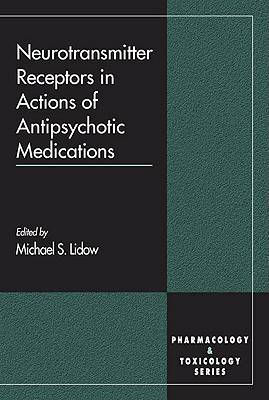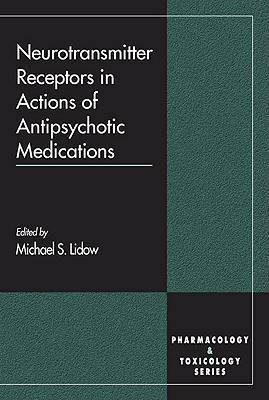
- Retrait gratuit dans votre magasin Club
- 7.000.000 titres dans notre catalogue
- Payer en toute sécurité
- Toujours un magasin près de chez vous
- Retrait gratuit dans votre magasin Club
- 7.000.0000 titres dans notre catalogue
- Payer en toute sécurité
- Toujours un magasin près de chez vous
Neurotransmitter Receptors in Actions of Antipsychotic Medications
Michael S Lidow
251,95 €
+ 503 points
Description
Describes the discoveries that have helped revolutionize the understanding of schizophrenia and its treatment. This book includes chapters that cover the basic knowledge of schizophrenic syndromes and provide a general description of available antipsychotic drugs. It includes a survey of the perspectives in drug design.
Spécifications
Parties prenantes
- Auteur(s) :
- Editeur:
Contenu
- Nombre de pages :
- 272
- Collection :
Caractéristiques
- EAN:
- 9780849307447
- Date de parution :
- 22-06-00
- Format:
- Livre relié
- Dimensions :
- 178 mm x 254 mm
- Poids :
- 703 g

Les avis
Nous publions uniquement les avis qui respectent les conditions requises. Consultez nos conditions pour les avis.






